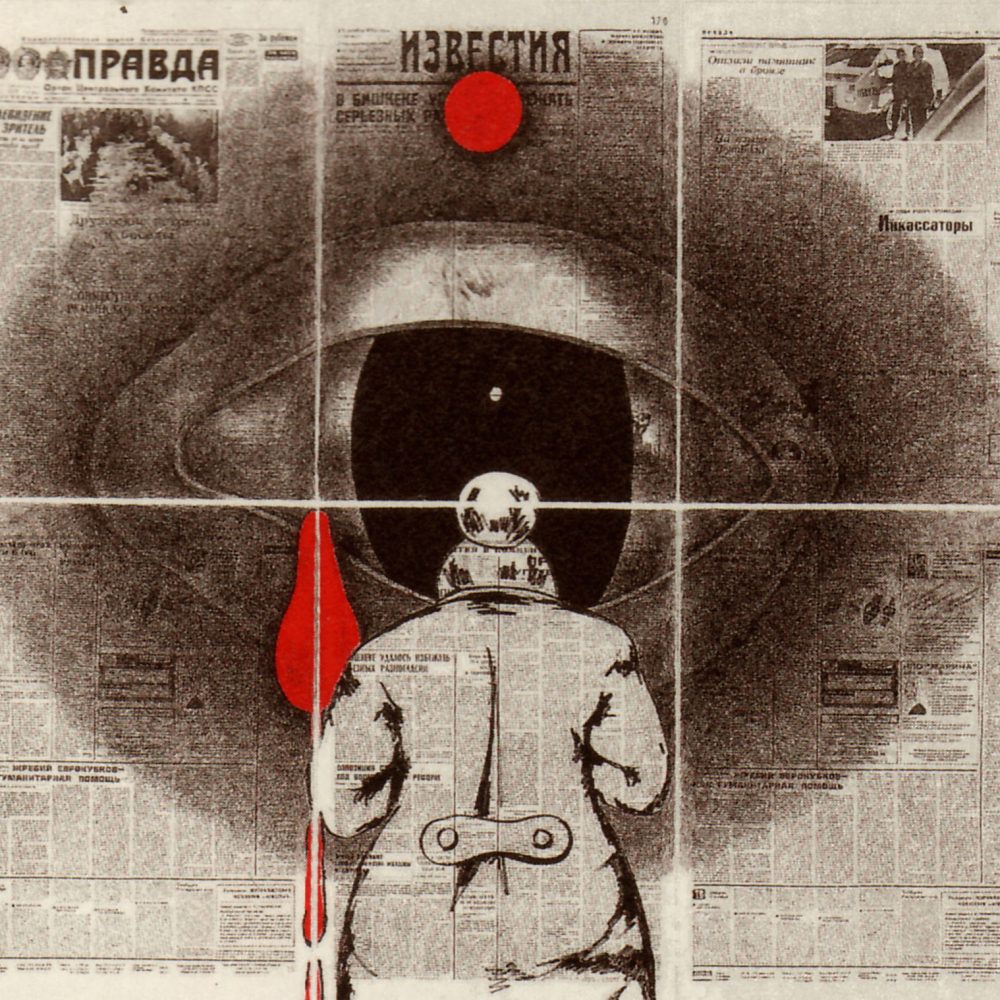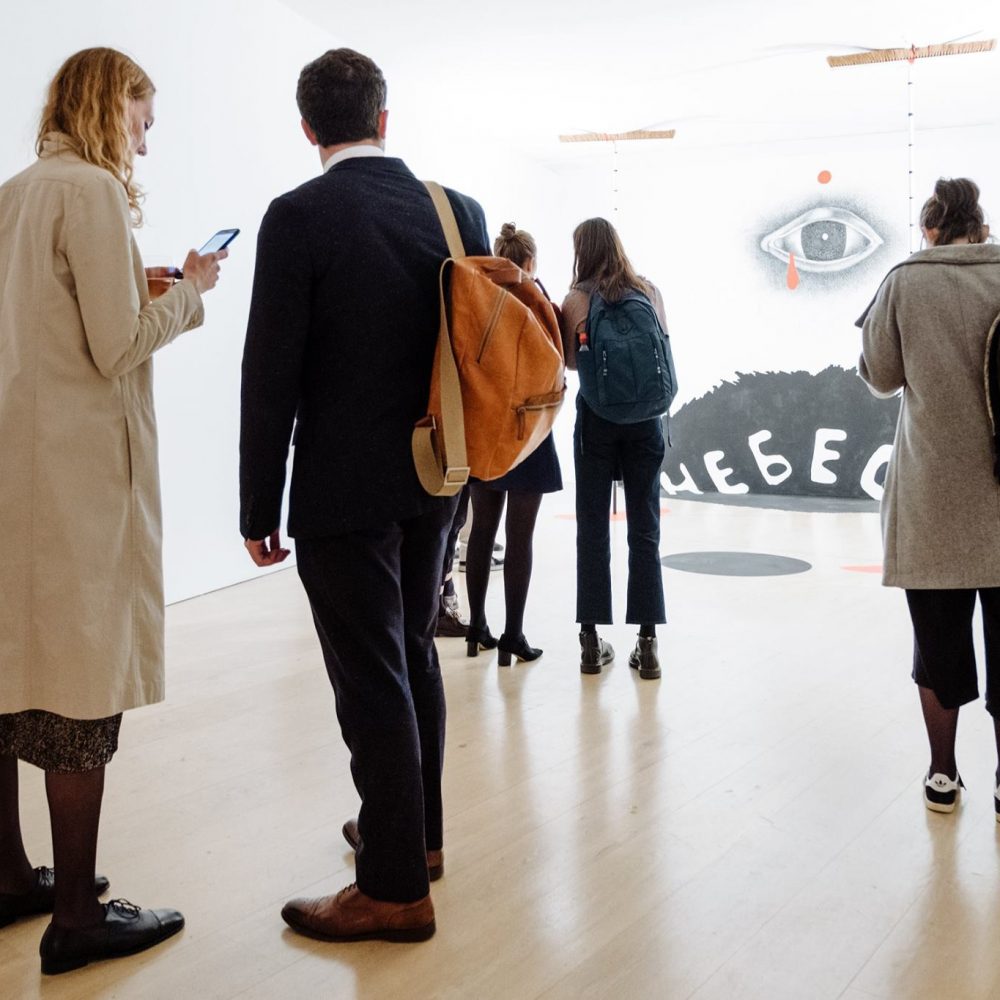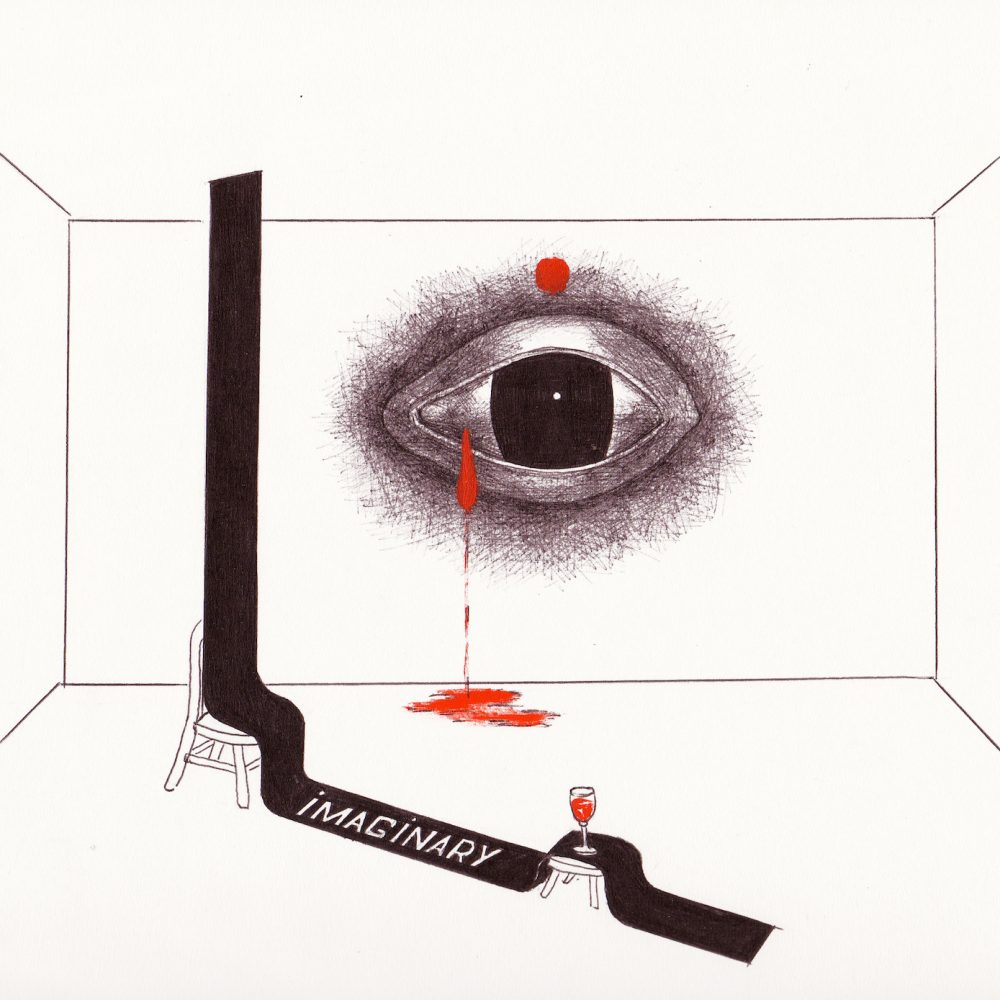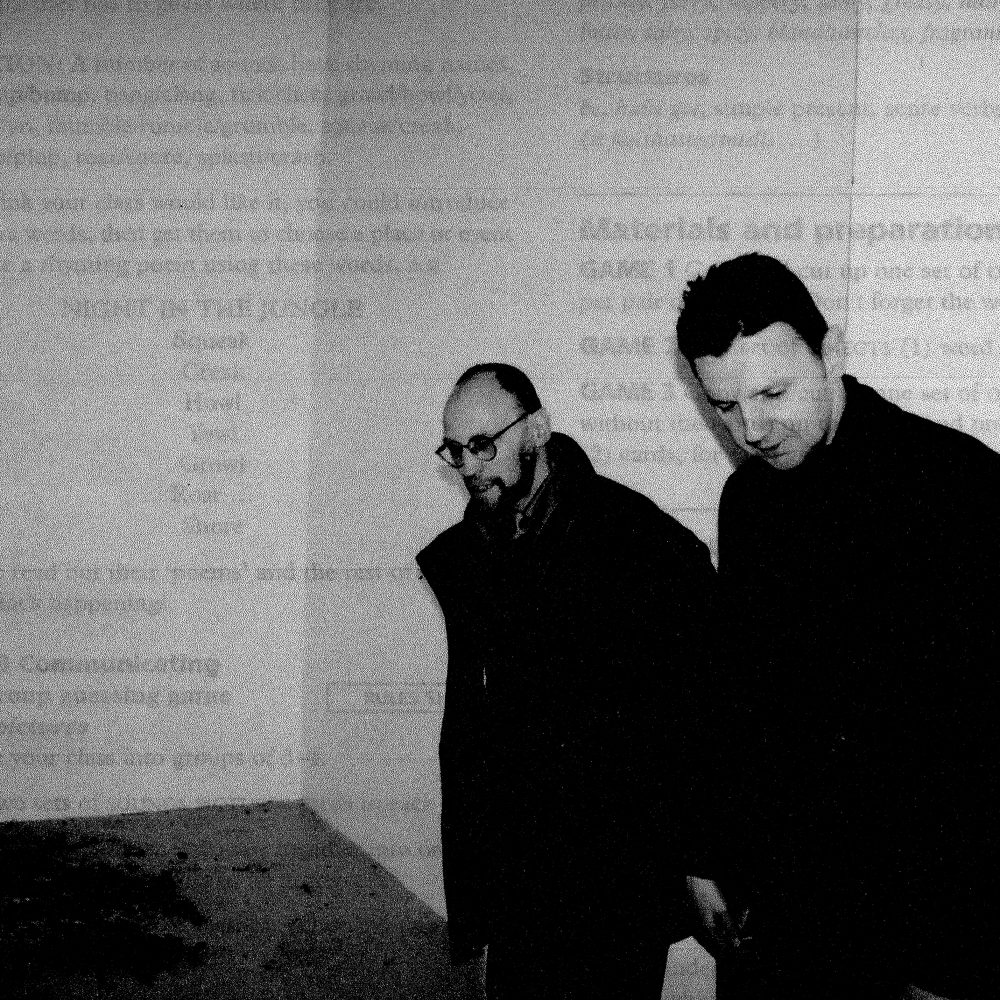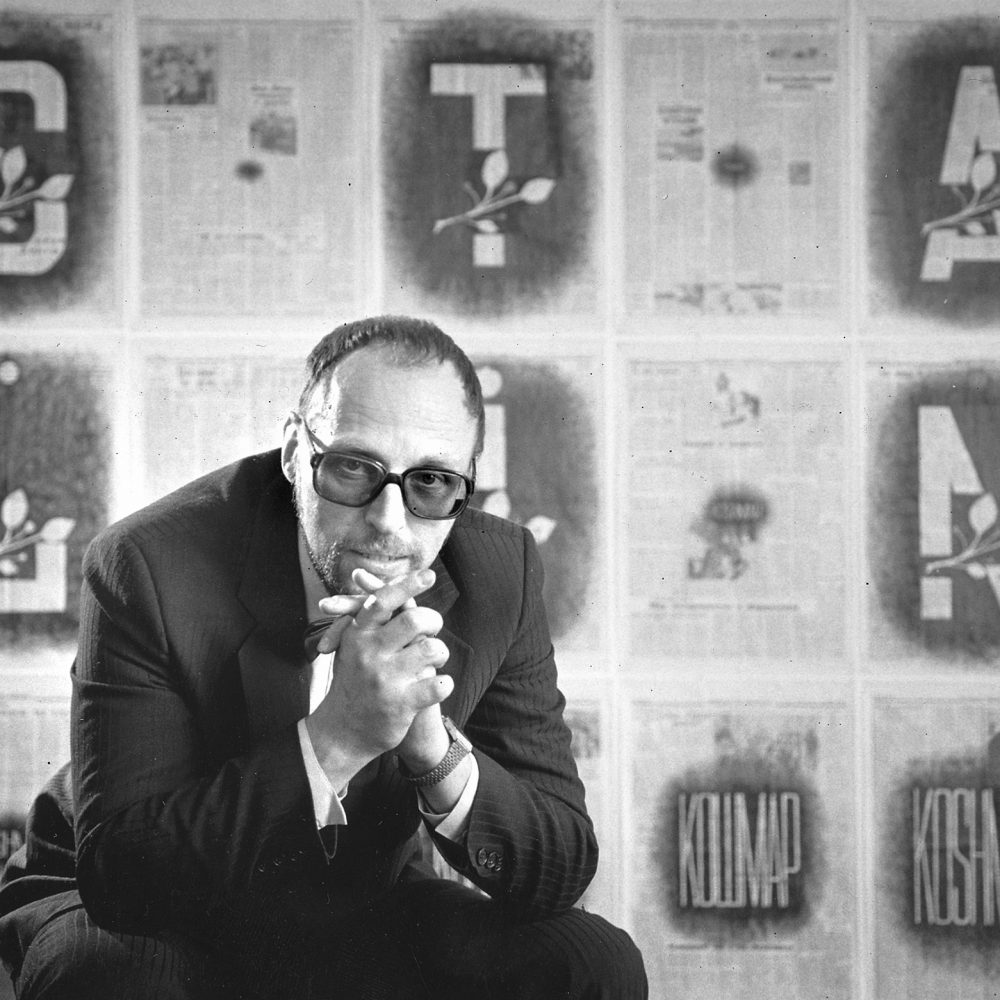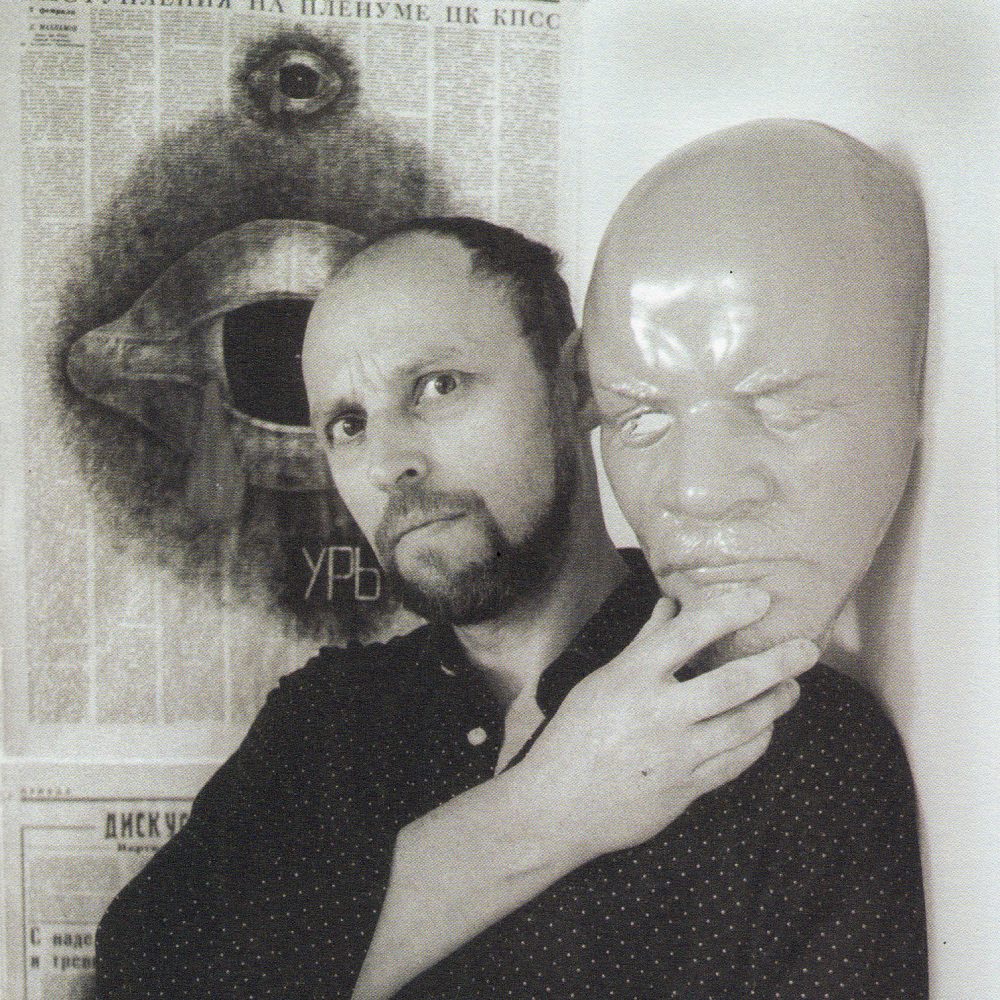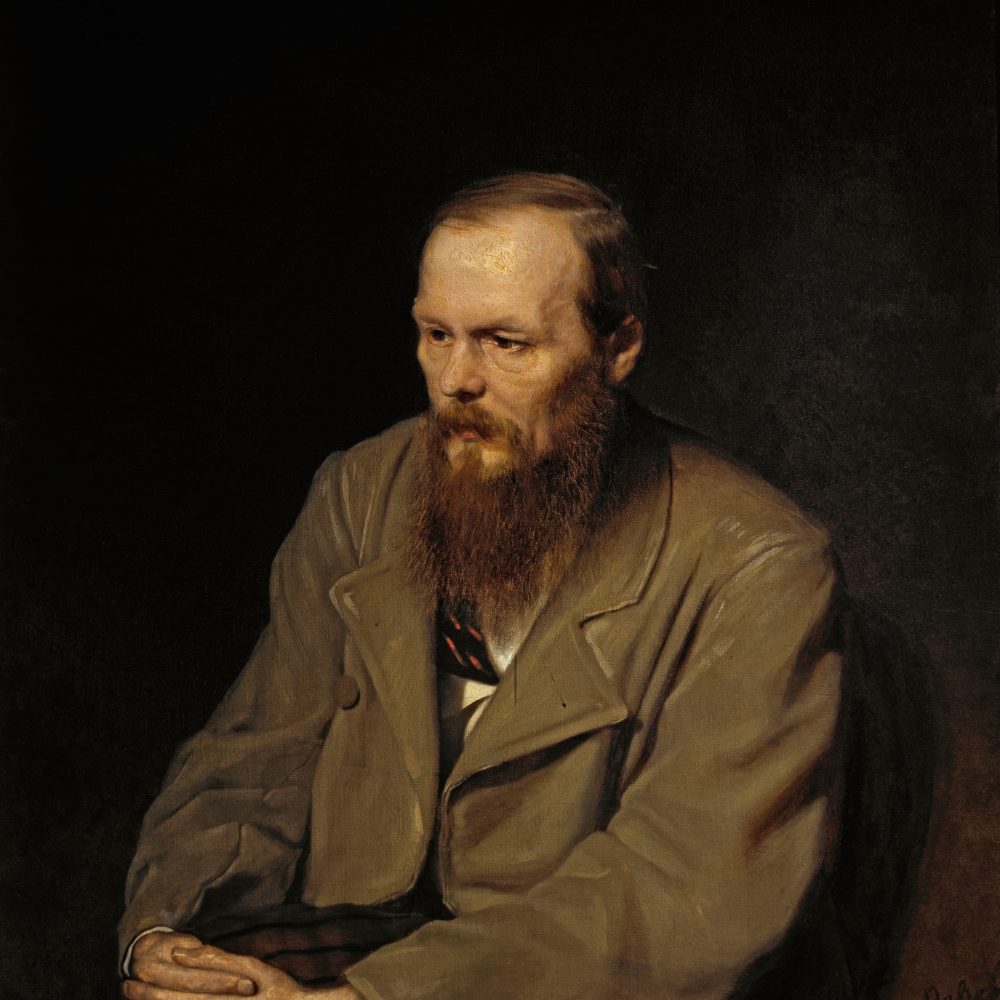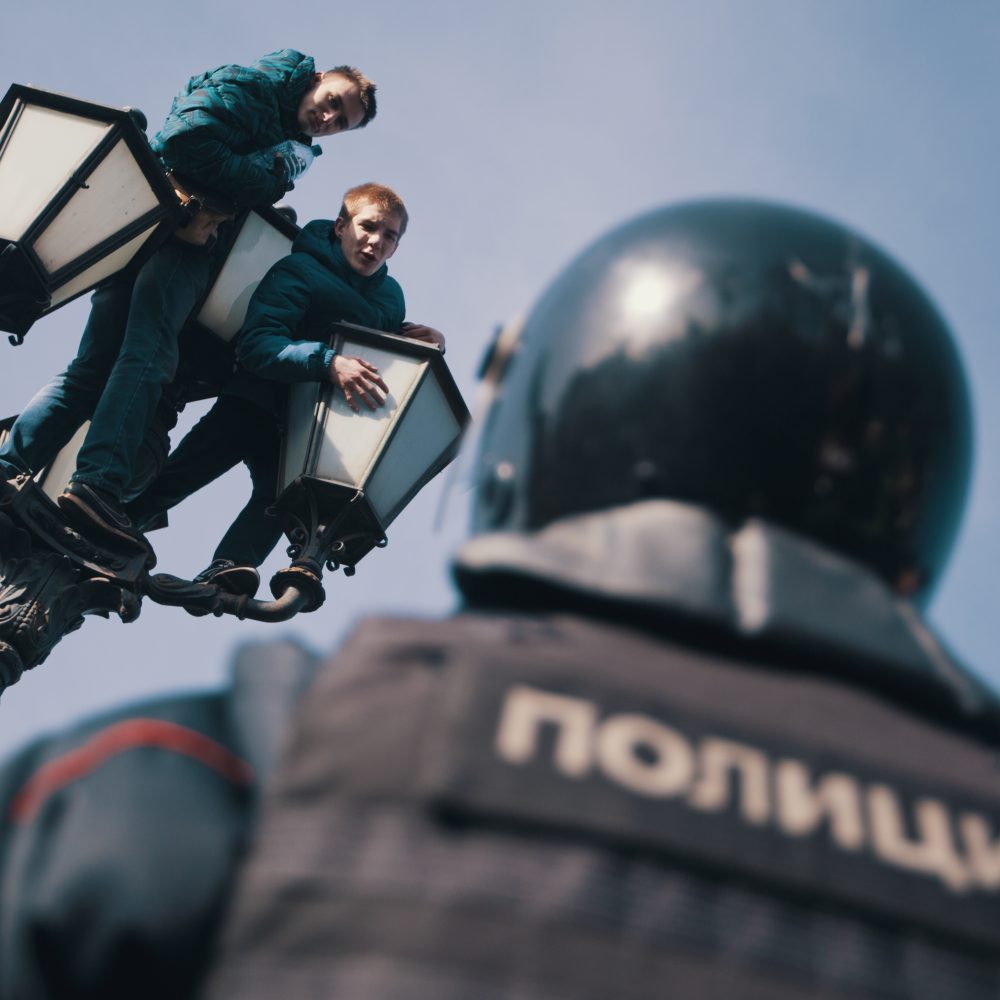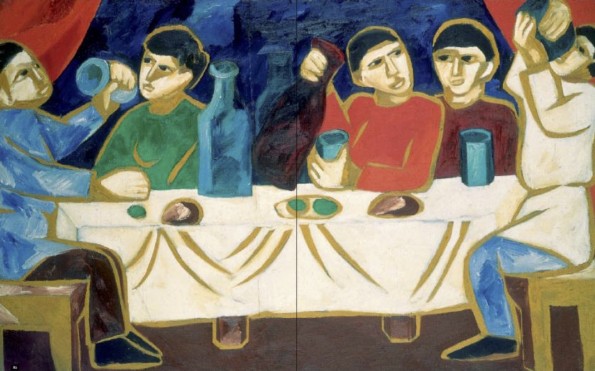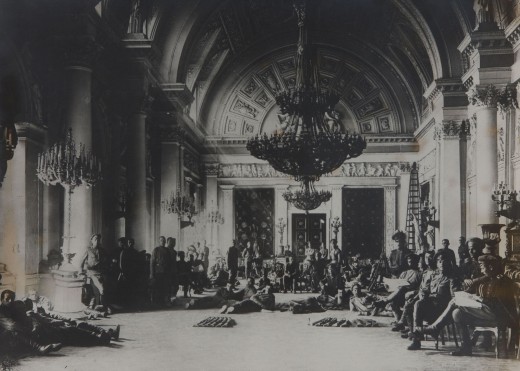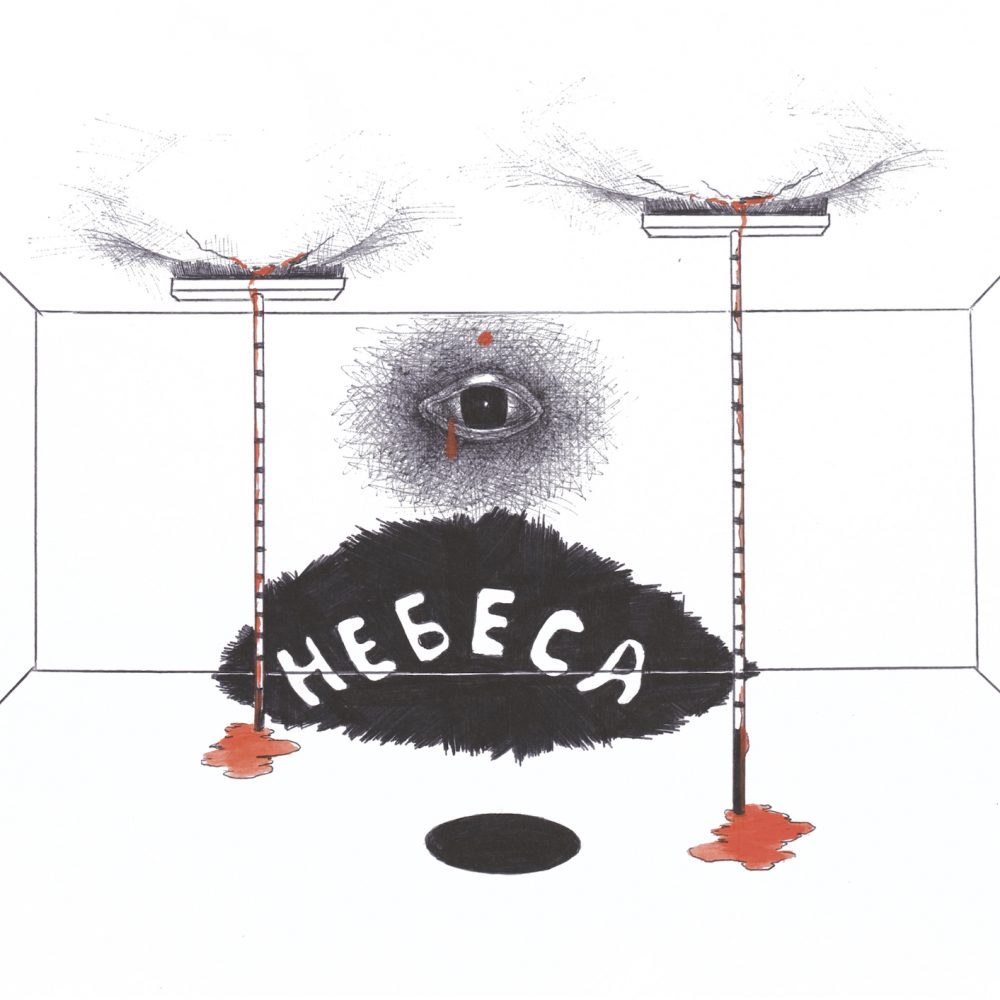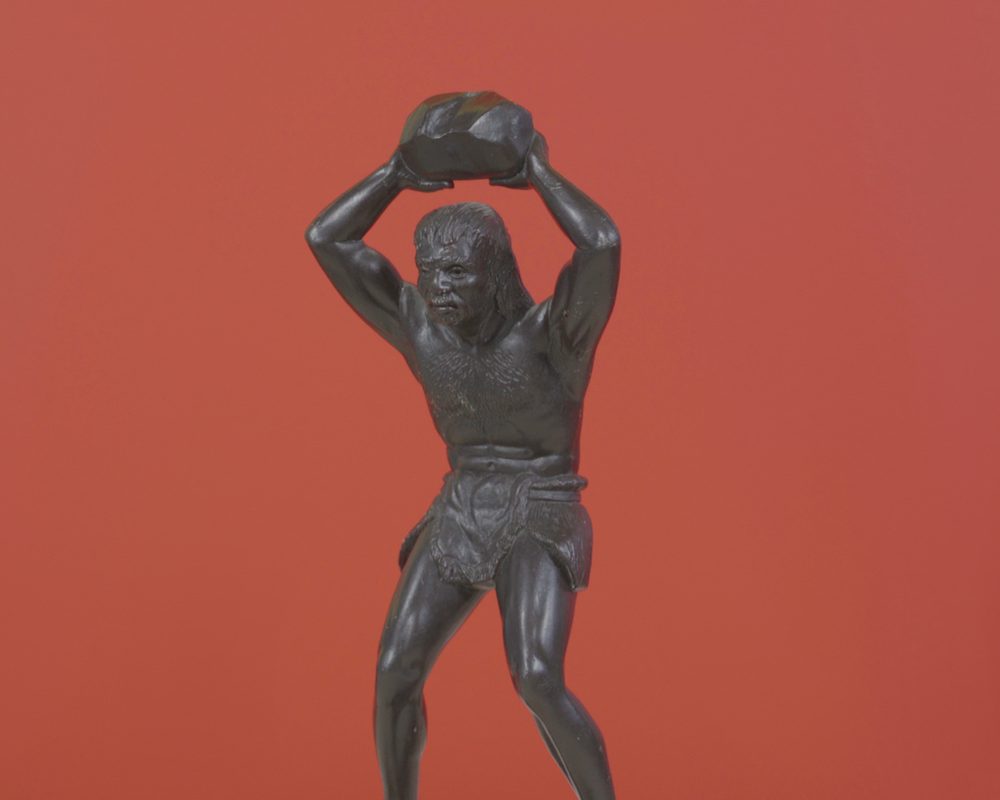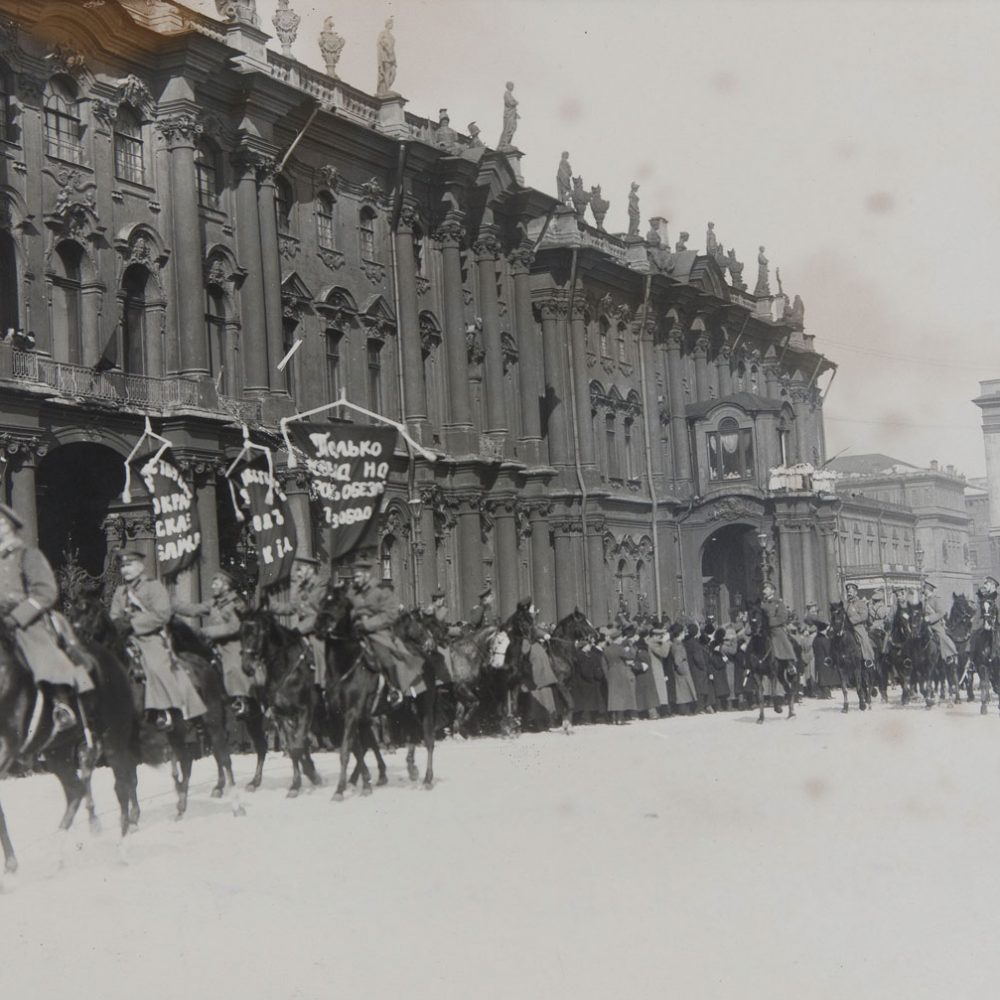The Future Remains: Revisiting Revolution
A season of events and exhibitions marking the centenary of the Russian Revolution
In partnership with the State Hermitage Museum, the European University at St Petersburg and UCL SSEES. Supported by the Vladimir Potanin Foundation
To mark the centenary of the “ten days that shook the world”, Calvert 22 Foundation will reflect on the nature of revolution and of writing history itself. Both an undisputable turning point and one of the most contested events in modern history, with some questioning its very position as a revolution, the events in Russia in 1917, from February to October and beyond, have been endlessly mythologised. Taking an interdisciplinary approach, Calvert 22 Foundation will be hosting a year-long season of events, exhibitions and discussions to uncover new perspectives on the events of 1917 and their consequences.
The State Hermitage Museum in St Petersburg, in particular its project dedicated to contemporary art, Hermitage 20/21, is the major partner of the season. Throughout the entire year marking the 100th anniversary of the Russian Revolution, Hermitage 20/21 and Calvert 22 Foundation will bring a vibrant programme to London, drawing links between this historical milestone and the modern world.
The seasonal programme at Calvert 22 Space will kick off with a series of informal monthly debates on the impact of the Revolution on different aspects of life. The first of these events will take place in February and will explore the social histories of the Revolution. Throughout the year, The Future Remains: Revisiting Revolution will look at how the events of 1917 have changed economic balance, gender relations, attitudes to alcohol consumption, fashion and more, by bringing together political scientists, social and cultural historians, economists and journalists for a rich and varied discussion.
Organised in partnership with the European University at St Petersburg and with a particular emphasis on presenting contemporary Russian scholarship, the debates will seek to question the relevance of 1917 to present-day concerns, from health care and housing to equality and the role of culture in society.
13 February – Revolution in Theory
1 March – Peace, Bread, Land: The Economics of Revolution
6 April – (No) Sex in the USSR? 1917 and Sexual Liberation
4 May – Organising the Masses: Media and the Russian Revolution
14 June – A Century of Revolution in Architecture and Urbanism, 1917–2017
As part of the programming, in collaboration with the Vladimir Potanin Foundation, Calvert 22 Foundation will host the UK launch of the English-language edition of Russia. The Twentieth Century in March 2017 and a joint educational project with Arzamas Academy devoted to the history of national contemporary art.
Russia. The Twentieth Century presents an illustrated history of 20th century Russian art through a variety of visual symbols, including iconic designs, household items, posters and postcards.
9 March – Russian Art of the 20th Century
Both projects are part of the Vladimir Potanin Foundation’s initiative to promote the best examples of contemporary Russian culture globally. The initiative kicked off in 2016 with KOLLEKTSIA! Contemporary Art in the USSR and Russia 1950-2000, the exhibition of a major donation at the Centre Pompidou, Paris.
Calvert 22 Foundation is also pleased to present A poet in Russia is not just a poet, a series of three summer film screenings dedicated to the fate of Russian writers during and after the Revolution with director Roma Liberov:
29 Jun – Keep My Words Forever (2015)
27 Jul – Written by Sergei Dovlatov (2012)
31 Aug – ILFANDPETROV (2013)
A series of events looking at the broader impact of the Revolution on the development of arts and culture in 20th century Russia will also take place throughout the year:
18 May – The Sixth Sense of the Avant-Garde: Dance, Kinaesthesia and the Arts in Revolutionary Russia
Taking place in April 2017, The Museum after the Revolution will address the impact of 1917 on museums across the former Soviet Union, providing an opportunity to reflect critically on the legacies of Soviet influence on museum collections. How do today’s museums display, interpret and convey the caesura caused by 1917 and its aftermath? In what ways do museums across the former Eastern Bloc deal with varied and complex histories, and the impact of subsequent revolutions in their own countries?
The opening reception of the event will be hosted at Calvert 22 Space on 28 April, followed by a second day of panel discussions taking place at RichMix on 29 April, in collaboration with UCL SSEES and the Vladimir Potanin Foundation. Taking the State Hermitage Museum as a starting point, the conference will address the impact of the Revolution on museum collections and focus in particular on its effect on modern and contemporary holdings.
Led by Prof. Mikhail Piotrovsky, Director of the State Hermitage Museum, the conference will include four panel discussions spread across two days.
Speakers include Catriona Kelly, Professor of Russian, University of Oxford; Dimitri Ozerkov, Head of Hermitage 20/21 Collection; Nicolas Liucci-Goutnikov, curator of Kollektsia!, Centre Georges Pompidou.
A photo exhibition will accompany the conference, displaying works from the historical archives of the State Hermitage Museum. As the former residence of the Tsar and subsequently the headquarters of the Provisional Government, the Winter Palace found itself at the centre of events in 1917. The historical images will show some of the Palace’s interiors and surroundings.
The Future is Certain; It’s the Past Which is Unpredictable
23 June – 20 August 2017
Calvert 22 Foundation is pleased to present a summer group show on writing and rewriting history, in partnership with the Lithuanian Culture Institute. This exhibition reflects on the ways history is written and the inevitability with which the past reasserts itself in the future.
Curated by Monika Lipšic and bringing together works from nine artists and collectives, The Future is Certain is an economy of ideas and artworks as well as historical facts and records that refuse to disappear on their own.
Find out more here.
Dmitri Prigov. Theatre of Revolutionary Action
13 October – 17 December 2017
The season will culminate with the first UK solo show of work by prominent Moscow Conceptualist Dmitri Prigov (1940-2007), Dmitri Prigov. Theatre of Revolutionary Action. Taking place between 13 October and 17 December 2017, the exhibition approaches Prigov’s prolific, genre-defying oeuvre through the lens of the theatre, featuring one of his installations, numerous video works, his concrete poems and drawings.
Alongside the exhibition, Russian director Yuri Muravitsky will direct a new version of Prigov’s Revolt. Between a play, performance and interactive artwork, Revolt both speaks of the late-Soviet malaise of the 1980s, when the fervour of 1917 had long lost any meaning, and the inherent terror of any revolution. Events alongside the exhibition will explore the idea of revolutionary theatre.
Find out more here.
As part of The Future Remains: Revisiting Revolution season, The Calvert Journal will present a curated online series of features, essays and photo stories throughout 2017 which will further explore the topic of the revolution and its consequences. Explore more here.
Times and Dates
13 February – 17 December 2017
I. Talks and events – What happened in 1917?
February – September 2017
II. The Conference
28 – 29 April 2017
III. Exhibitions
The Future is Certain; It’s the Past Which is Unpredictable | 23 June – 20 August 2017
Dmitri Prigov. Theatre of Revolutionary Action | 13 October – 17 December 2017
IV. Curated digital content on The Calvert Journal
May – August 2017



